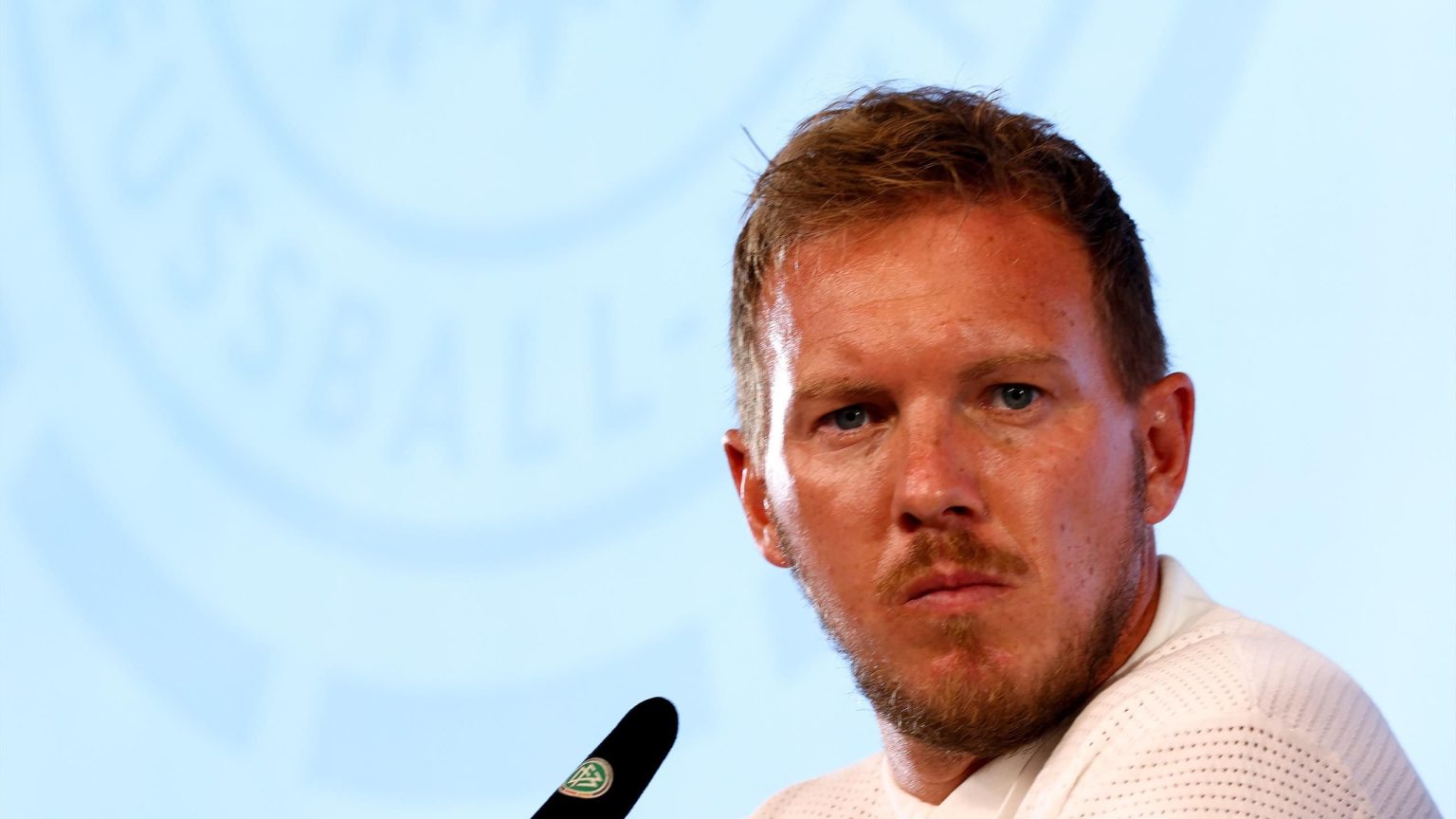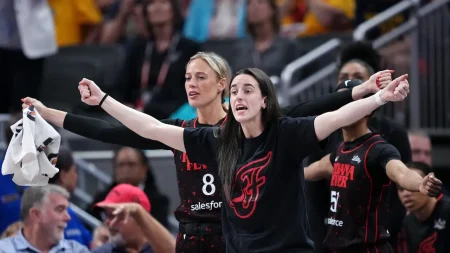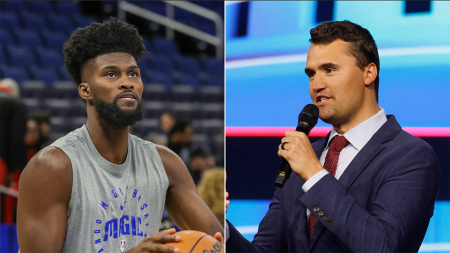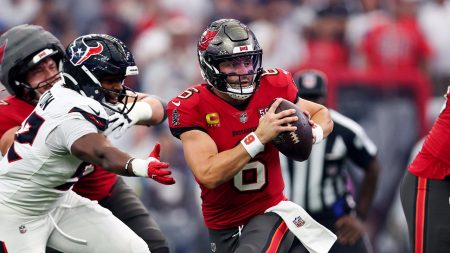Nagelsmann’s comments reflect a sentiment shared by many football professionals, who believe that the Bundesliga lacks the same level of competitiveness and quality as other top leagues in Europe. This perception is based on various factors, including the relatively lower financial resources available to German clubs compared to their counterparts in England, Spain, and Italy. Additionally, the Bundesliga has struggled in recent years to retain top talent, with many star players opting to move to more lucrative leagues.
The decision by Ronald Koeman to omit Steven Bergwijn from the Dutch national team after his move to the Saudi League highlights the challenges faced by players who choose to play in less prestigious leagues. While Bergwijn may have made a financially lucrative decision by moving to Saudi Arabia, he has likely compromised his chances of representing his country at the highest level. This dilemma underscores the importance of carefully considering the implications of a career move on one’s professional aspirations and opportunities for international recognition.
Nagelsmann’s candid assessment of the Bundesliga sheds light on the broader debate surrounding the status of the German top-flight league in the global football landscape. While the Bundesliga has a rich history and boasts some of the most passionate fans in Europe, it has struggled to keep pace with the commercial growth and global appeal of leagues such as the Premier League and La Liga. As a result, many talented players and coaches are drawn to opportunities in more high-profile leagues, thereby reinforcing the perception of the Bundesliga as a secondary option for top-tier football.
The comments by Nagelsmann and Koeman raise important questions about the role of national team selection criteria and the impact of players’ career decisions on their international prospects. While clubs and players must prioritize their financial interests and personal aspirations, they must also consider the broader implications of their choices on their professional development and reputation. In the case of Bergwijn, his decision to move to the Saudi League may have provided a financial windfall, but it came at the cost of being excluded from national team consideration.
Ultimately, Nagelsmann’s assessment of the Bundesliga as not being a top league in Europe may serve as a wake-up call for German football authorities and club owners to reassess their strategies for enhancing the league’s competitiveness and appeal. While the Bundesliga has a strong tradition of developing talented young players and promoting an attractive style of football, it must find ways to attract and retain top talent in order to compete more effectively with other European leagues. This may require investing in infrastructure, marketing, and youth development programs to raise the profile of German football on the global stage.
In conclusion, Nagelsmann’s remarks highlight the ongoing challenges facing the Bundesliga in the fiercely competitive world of European football. While the league has many strengths and loyal supporters, it must address the perception of being a second-tier option for top players and coaches. By taking steps to improve its competitiveness and commercial appeal, the Bundesliga can strengthen its position as a leading football league in Europe and provide more opportunities for talented players to showcase their skills on the international stage.













